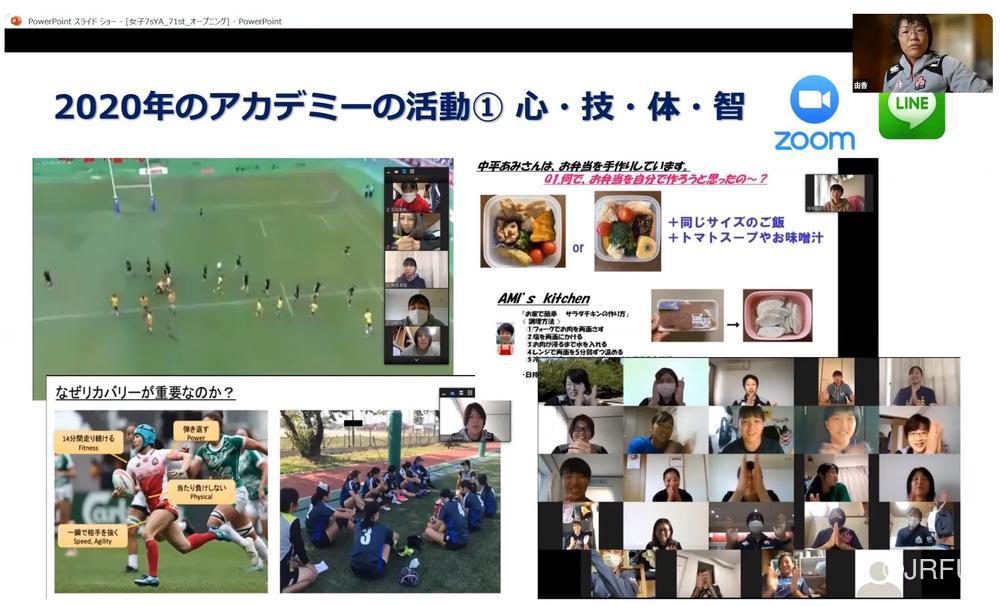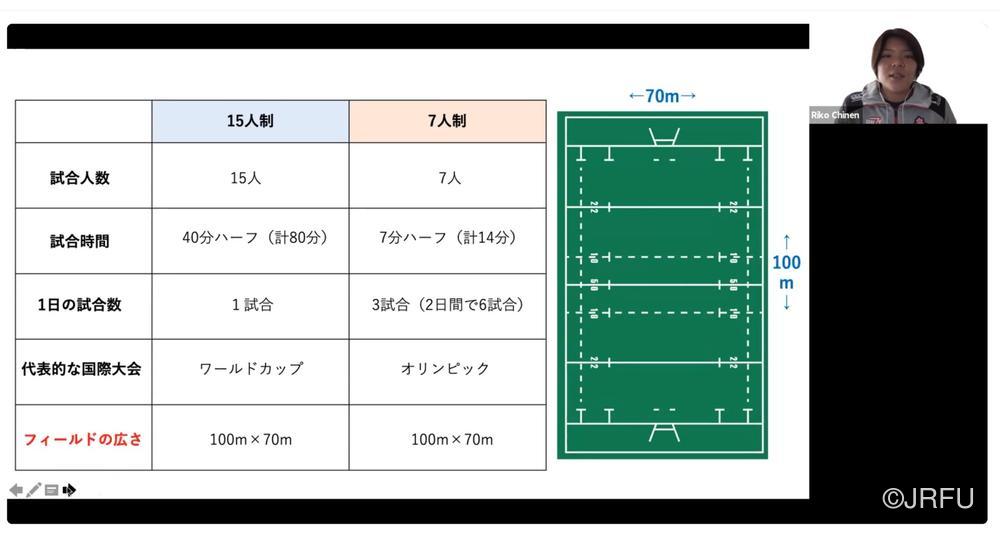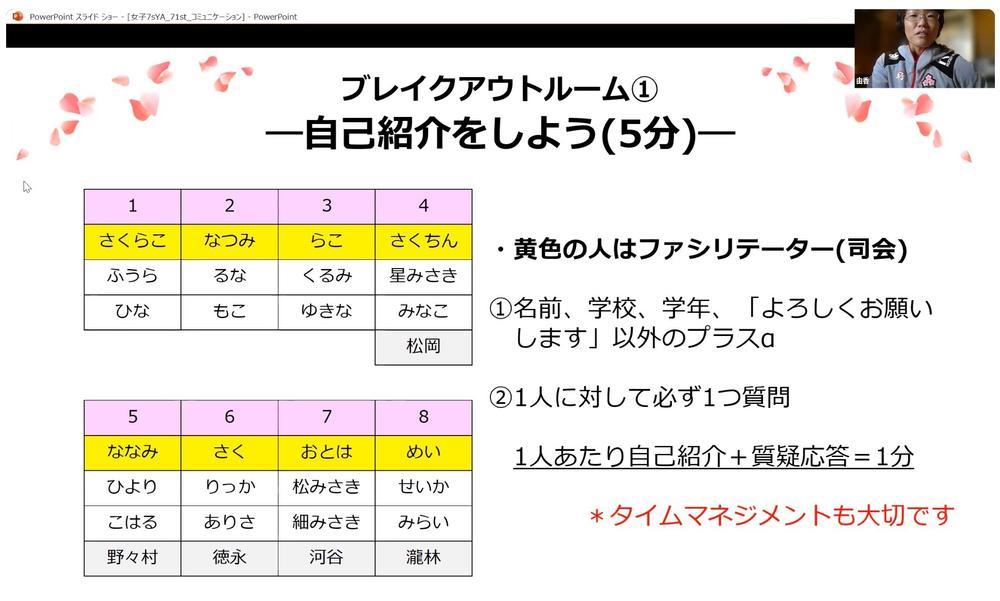
Adversity Brings Innovation in Women’s Youth Sevens
The impact of Covid-19 has been devasting for people and communities around the world. It has brought pain and suffering, and fundamentally changed the way we live our lives. While the majority of these change have been difficult and added to the hardship brought about by the pandemic, some aspects have been able to deliver positive and lasting change.
With the recent successes of the Brave Blossoms, Japan’s national men’s team and following Japan’s successful hosting of Rugby World Cup 2019, Japanese rugby has been growing from strength to strength. While its senior teams receive the bulk of the limelight, both domestically and internationally, the Japan Rugby Football Union is also investing heavily in its youth development programmes to ensure a healthy supply of well coached and well-developed players for the future.

When COVID-19 forced the 71st edition of the Women’s Sevens Youth Academy to go online, it was initially viewed as a temporary, yet necessary solution to keep the programme running during lockdown restrictions. However, upon delivering the first completely online academy, both players and coaches recognised that a number of elements where actually improved by moving to an online format.
The Women’s Sevens Youth Academy brings together around 30 young women between the age of 14-18 from across Japan. Representatives are selected based on a combination of their performance and aptitude as demonstrated in their local competitions. With increased interest in Rugby across Japan and with Sevens now an Olympic sport, there is strong competition for academy places.
“My initial expectations were somewhat low in terms of what we could hope to achieve when running the academy online. However, the outcome was actually very positive,” commented Yuka Kanematsu, Woman’s Sevens Youth Academy Head Coach. “With rugby being a contact sport, in-person interaction is of course required, however a huge amount of content around subjects like strength and conditioning, diet, sport psychology and rugby intelligence could be successfully transferred in an online format.”

Usually held over four-days when conducted as an onsite camp, the online Academy was able to be condensed into a single day. The programme started with an introduction and an ice-breaker session and was followed by modules covering nutrition, strength and conditioning, COVID-19 mitigation and safety, and rugby skills/intelligence.
“An aspect that worked tremendously well was the ‘breakout room’ function of the online platform. We could separate the 30 members into smaller sessions to cover content in more detail and provide a much greater level of interaction,” continued Kanematsu. “Furthermore, being completely online we were able to bring together participants located throughout Japan. The time and cost saved in doing so, while also successfully delivering meaningful and valuable content means that we will definitely incorporate more online training into our programmes, even once the pandemic has come to an end.”

Commenting on the programme, seventeen-year-old Natsumi Takahashi from the Tochigi High School Rugby Club said: “The Sevens Academy was really challenging, with the different subject areas all having a specific focus on elite, Olympic level preparation. It was interesting to learn how the world’s best Sevens players prepare and train. I learnt that while physical conditioning and rugby skills are important, correct mental preparation is key to competing at the highest level.”
Depending on the COVID-19 situation the group will assemble in April for an in-person training camp. “It will be great to see the girls together, training and playing on the rugby pitch. However, both the players and coaching team will continue to utilise the new online skills that we developed out of necessity in responding to the pandemic. It’s great that as a group we can take some really valuable and positive aspects out of what has been an incredibly challenging and difficult period,” concluded Kanematsu.